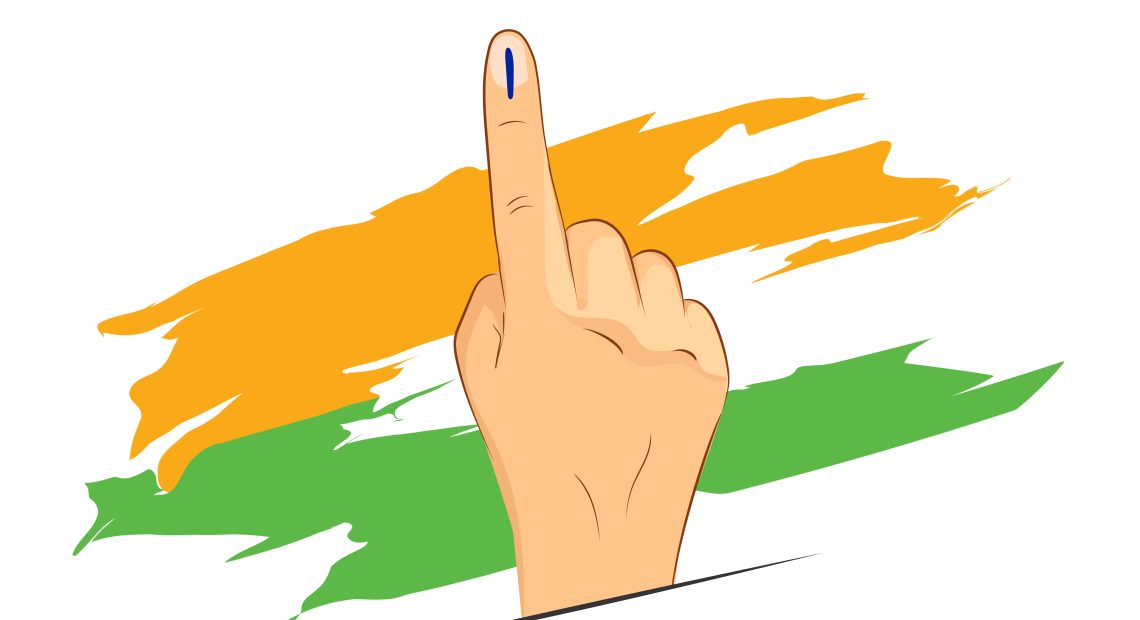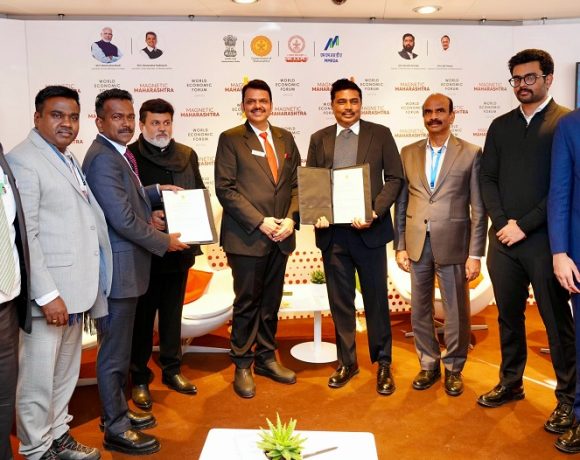
ECI Rebuts Rahul Gandhi’s ‘Match-Fixing’ Allegations in Maharashtra Polls
The Election Commission of India (ECI) has strongly denied Congress leader Rahul Gandhi’s allegations that the Maharashtra Assembly elections were “match-fixed” in favor of the ruling party. Terming the accusations “completely absurd” and “unsubstantiated,” the ECI said the electoral process was conducted in a free, fair, and transparent manner.
Rahul Gandhi had recently claimed that the elections were manipulated through a five-step process involving partisan appointments in the Election Commission, insertion of fake voters, artificial inflation of voter turnout, bogus voting mechanisms, and deliberate concealment of evidence. He also demanded that the Commission release consolidated, digital, machine-readable voter rolls along with CCTV footage of polling stations after 5 PM to verify transparency.
Rejecting these assertions, the ECI clarified that polling agents from all political parties, including Congress, were present at every booth during the election. According to the Commission, no objections or formal complaints were lodged by Congress agents regarding any malpractice at the time of voting. The Commission emphasized that over 6.4 crore voters participated in the Maharashtra polls, and voting patterns remained consistent with past elections, negating claims of sudden anomalies.
The ECI stated that it had followed all established procedures under the Representation of the People Act, including a robust verification process for the electoral rolls. It reiterated that the allegations appeared politically motivated and aimed at undermining the credibility of democratic institutions.
Chief Minister Devendra Fadnavis also weighed in on the controversy, dismissing the claims as the opposition’s excuse for electoral defeat. He maintained that the BJP’s performance reflected genuine voter support and not any orchestrated manipulation.
The Election Commission appealed to all political parties to maintain the dignity of the democratic process and avoid statements that could erode public trust in electoral institutions.


















